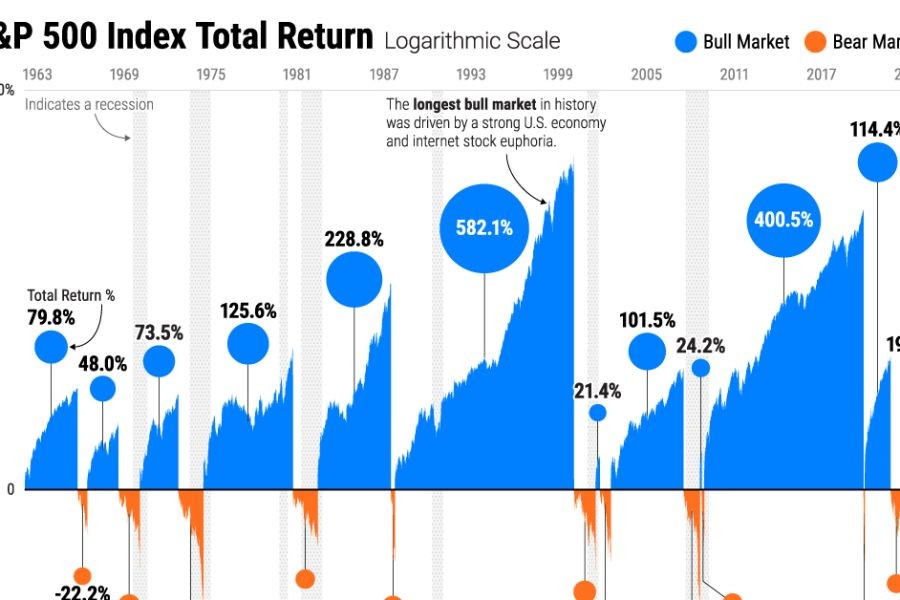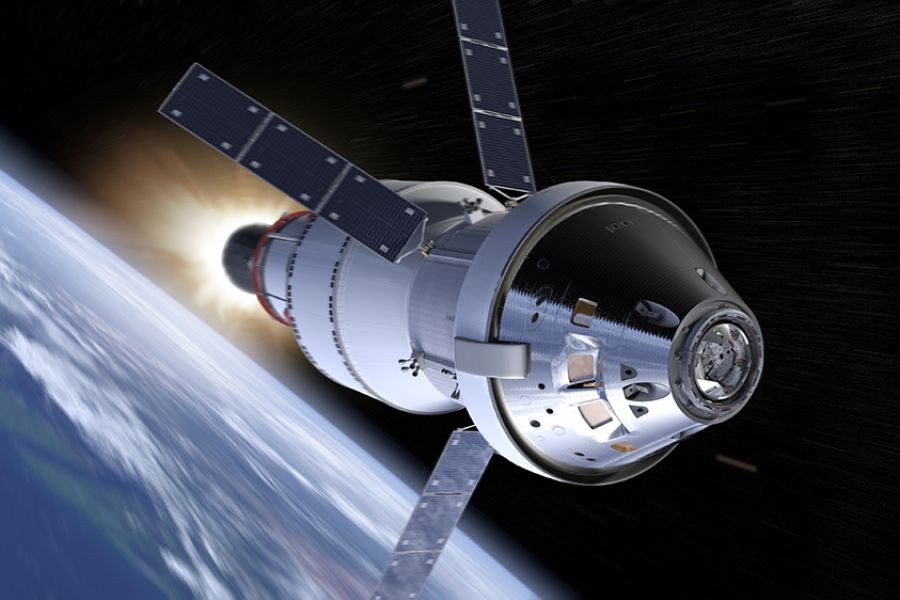The political landscape of New Zealand is often perceived as straightforward, yet, upon closer examination, it reveals a level of complexity that rivals any global political stage. This complexity arises from the interplay of its unique electoral system, diverse cultural influences, and evolving economic policies. For those planning to travel or do business in New Zealand, understanding this intricate political environment is crucial. As we delve deeper, we will uncover how New Zealand's political intricacies affect its economy, industries, and society at large.
Understanding New Zealand's Mixed-Member Proportional System
New Zealand uses a Mixed-Member Proportional (MMP) representation system, a feature that sets it apart from many other democracies. This system, adopted in 1996, allows for a more representative parliament, where smaller parties can have a significant influence on government policies. This has led to the formation of coalition governments, which require negotiation and compromise, adding layers of complexity to decision-making processes.
Case Study: The Green Party's Influence
The Green Party of Aotearoa New Zealand, although not one of the largest parties, has played a pivotal role in shaping environmental policies. In coalition with the Labour Party, they have influenced policies on climate change, resulting in the Zero Carbon Act, which aims to reduce carbon emissions to net zero by 2050. This showcases how smaller parties can exert substantial influence, a phenomenon rarely seen in majoritarian systems.
The Role of Maori Politics
The Maori, New Zealand's indigenous people, have a unique political voice through the Maori electorates. These electorates ensure that Maori perspectives are represented in parliament, contributing to a political landscape that prioritizes indigenous rights and cultural preservation. The Maori Party, despite its size, has been instrumental in addressing issues like land rights and social equity.
Data Insight: Maori Economic Participation
According to Stats NZ, the Maori economy contributes over NZD 50 billion to the national GDP. This economic power translates into political influence, pushing for policies that benefit Maori communities across the country.
Economic Policies and Their Political Ramifications
New Zealand's economic policies are shaped by its political landscape. The Reserve Bank of New Zealand plays a crucial role in managing the country's monetary policy, impacting inflation and employment rates. Recent decisions to maintain low interest rates have sparked debates about housing affordability and the sustainability of economic growth.
Case Study: Housing Market Debates
The housing market in New Zealand is a contentious topic, with soaring prices creating affordability issues. Political parties are divided on solutions, with some advocating for increased housing supply and others pushing for tighter regulations on foreign buyers. These debates highlight the complex interplay between politics and economic policies in New Zealand.
Cultural Diversity and Its Political Impact
New Zealand's multicultural society is reflected in its political landscape. The country is home to a significant number of migrants, whose needs and perspectives influence political discourse. Immigration policies are frequently debated, with parties taking divergent stances, affecting everything from labor markets to social services.
Industry Insight: Tourism's Political Influence
Tourism is a major industry in New Zealand, contributing over NZD 40 billion annually. Political decisions on visa regulations and international relations can significantly impact this sector. For instance, simplified visa processes for certain countries can boost tourist numbers, while geopolitical tensions might deter potential visitors.
Challenges and Opportunities for Businesses
For businesses operating in New Zealand, navigating the political landscape presents both challenges and opportunities. Companies must stay informed about policy changes that could impact regulations, taxes, and trade agreements. Engaging with local communities and understanding cultural nuances can also provide a competitive edge.
Case Study: Fonterra's Global Strategy
Fonterra, a leading dairy cooperative, exemplifies how businesses can thrive in New Zealand's complex political environment. By aligning its strategies with national economic goals and engaging in sustainable practices, Fonterra has maintained its position as a global dairy leader. This highlights the importance of strategic alignment with political and economic policies.
Debunking Common Myths About New Zealand Politics
- Myth: "New Zealand politics is dominated by two major parties." Reality: The MMP system ensures smaller parties have a voice, often holding the balance of power in coalition governments.
- Myth: "The Maori have little political influence." Reality: Maori electorates and the Maori Party have been key players in advancing indigenous rights and policies.
- Myth: "Economic policies are dictated by the government alone." Reality: The Reserve Bank and independent agencies play significant roles in shaping economic policies.
Key Takeaways for Travelers and Businesses
- Understanding the MMP system is crucial for grasping New Zealand's political dynamics.
- Maori politics significantly influence social and economic policies.
- Economic policies are shaped by a combination of government and independent institutions.
- Cultural diversity impacts political discourse, affecting immigration and social policies.
- Engaging with local communities and understanding political nuances can offer competitive advantages for businesses.
Future Trends in New Zealand Politics
The political landscape in New Zealand is poised for evolution. As global challenges like climate change and economic inequality intensify, political discourse will likely focus on sustainable development and social equity. The influence of Maori and other minority groups is expected to grow, shaping policies that address historical injustices and promote inclusivity.
Prediction: By 2030, New Zealand is likely to see more diverse political representation, with policies increasingly reflecting the needs of its multicultural society.
Conclusion: Navigating New Zealand's Political Complexity
For travelers and businesses alike, understanding New Zealand's political landscape is key to navigating its complexities. By appreciating the nuances of its electoral system, the influence of indigenous politics, and the interplay between economic policies and cultural diversity, one can better anticipate and adapt to the country's dynamic environment. As New Zealand continues to evolve, staying informed and engaged will be essential for success.
What’s your take? Share your insights below!
People Also Ask
- How does New Zealand's political system affect its economy?New Zealand's Mixed-Member Proportional system allows for diverse representation, influencing economic policies that prioritize sustainability and social equity.
- What are the biggest misconceptions about New Zealand politics?One common myth is that the political landscape is dominated by two major parties. However, smaller parties often hold significant influence due to the MMP system.
- How can businesses adapt to New Zealand's political environment?Businesses can thrive by aligning strategies with national goals, understanding cultural nuances, and staying informed about policy changes.
Related Search Queries
- New Zealand political system explained
- Impact of Maori politics in New Zealand
- New Zealand economic policies 2023
- How MMP affects New Zealand elections
- New Zealand's multicultural society and politics
- New Zealand's influence on global tourism
- Understanding New Zealand's coalition governments
- Future trends in New Zealand politics
- Challenges facing New Zealand businesses
- New Zealand's approach to sustainable development
By understanding these dynamics, travelers and businesses can better navigate and thrive in New Zealand's unique political environment. For those interested in further exploration, engaging in local discussions and staying informed through reliable sources is recommended.


































Diginow
7 months ago